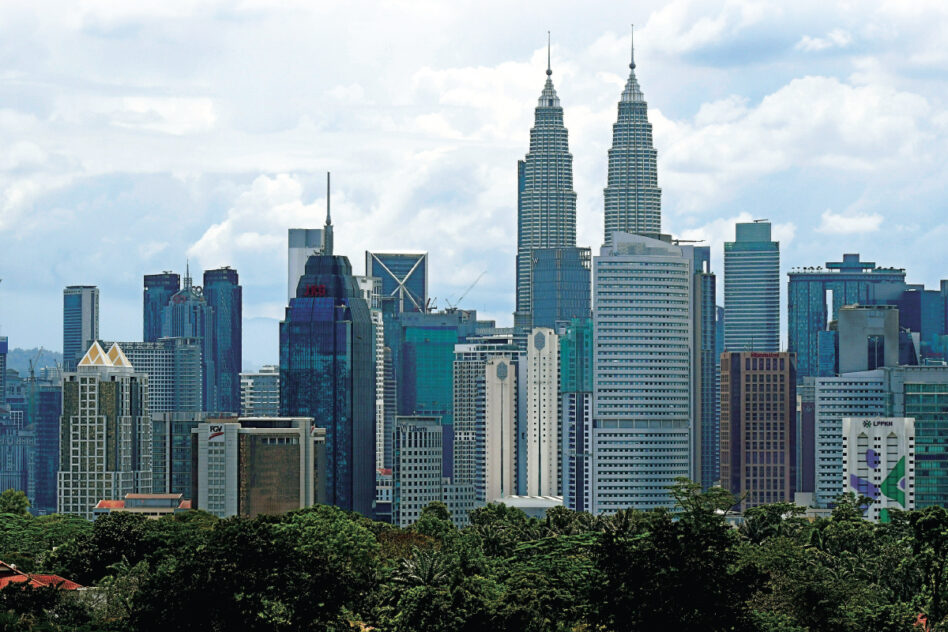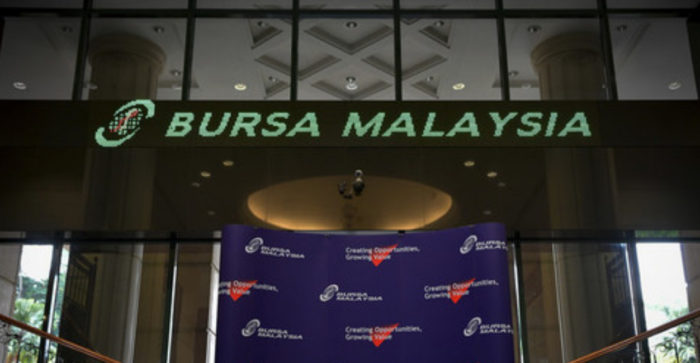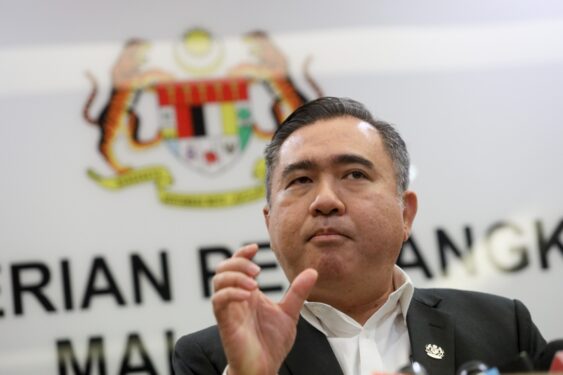THE Government is hell-bent to protect the interest of independent power producers (IPP) despite the prices of renewable energy (RE) dropping sharply over the years.
“If one deciphers our minister’s statement recently, it’s clear that they are trying to protect IPPs at the expense of the rakyat.
“According to the Energy Commission (EC) report published in March, it says that between 2021 and 2039, Peninsula Malaysia will decommission nearly 17,000 megawatts (MW) of fossil fuel power plants.
“However, they will replace them with another 17,000MW fossil fuel power plants. So, there you have it.
“The right-wing political elites want to continue providing fixed income to their fossil fuel IPP crony capitalists at the expenses of the people and nation,” Parti Sosialis Malaysia (PSM) central committee member Sharan Raj told FocusM.
On April 5, Energy and Natural Resources (Ketsa) Minister Datuk Seri Shamsul Anuar Nasarah urged industry players not to press the Government to set a high a target for renewable energy (RE), as consumers may be burdened with higher tariff.
He added that the Government had set a RE target of 31% of the generation capacity for 2025, hence, the electricity sector is expected to reduce the intensity of carbon emissions by 45% for the period.

“In addition, efforts to sustain the country’s electricity supply should also be implemented through consistent and transparent distribution policies and quota approvals to give investors confidence to continue investing in the country’s RE development industry,” The Edge reported Shamsul saying.
Calling Shamsul’s statement nonsensical, Sharan said that Malaysia is one of the earliest nations in the world to propose the setting up of Smart Electricity Grid (SEG) about 10 years ago.
Pioneer yet lagging behind
“In fact, you will be surprised to know that some of the technology to build SEG were created by Malaysians, way before the US and Europe.
“But when it came to rollout, it was totally depressing. One of the problems was the need to get approval from Ketsa,” he noted.
Sharan said that SEG would allow Malaysia to reduce standby powerplant, known as electricity reserve margin, from 51% (FY2021) to about 10%.
Smart grid infrastructure matches electricity production with power demand, with millisecond precision addressing the intermittency of RE.
“Malaysia could decommission at least 10,000MW of fossil fuel IPPs to reduce the fixed standby fees to the IPP crony capitalists, which translates into lower electricity tariff,” he added.
Citing an example, Malaysia started setting up the Smart Metre (AMI) in 2016 and target to complete the set up throughout Peninsula Malaysia by 2026.
“They are taking 10 years to set them up here but Saudi Arabia managed to almost complete the project within a year. So, we’re just going through a regulatory hurdle,” the PSM leader opined.
Going by the EC’s report, Sharan said that Malaysia’s RE penetration would not cross the 30% mark by 2040, which includes hydroelectricity.
“So, it will be status quo even then, despite RE rate will be dirt cheap that you may find some countries offering it for free. Bear in mind that experts have projected that fossil fuel will be pricier than RE by 2030.
“Even now, RE’s cost is equal or slightly lesser to the price of fossil fuel as solar energy cost has nosedived over the years,” Sharan remarked.
On that note, he said that Malaysia could have completed the SMI and Battery Energy Storage System (BESS) by 2020 and 2023, respectively, before achieving full SEG by 2025.
“Unknown to many, East Malaysia and West Malaysia could had actually achieved 100% RE by 2025 and 2030, respectively, beating all the high-income countries.
“However, it was delayed deliberately to protect the financial status quo of our IPP crony capitalists,” Sharan alleged. – April 18, 2021.
Photo credit : Getty Images










